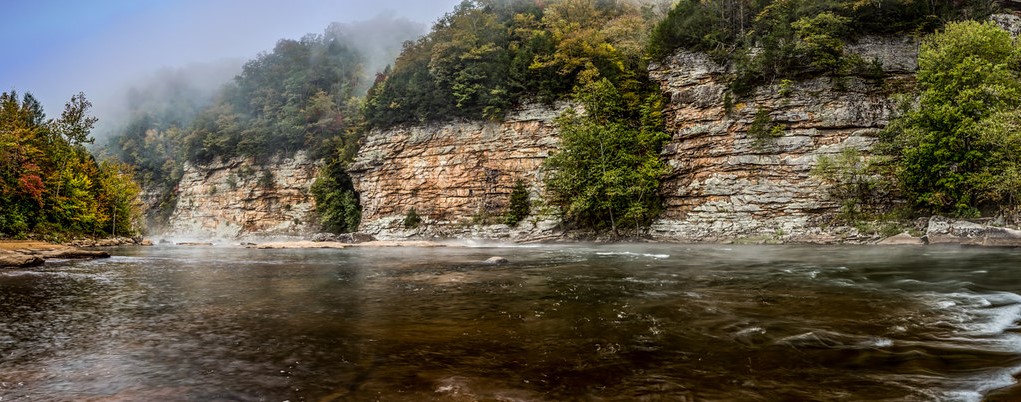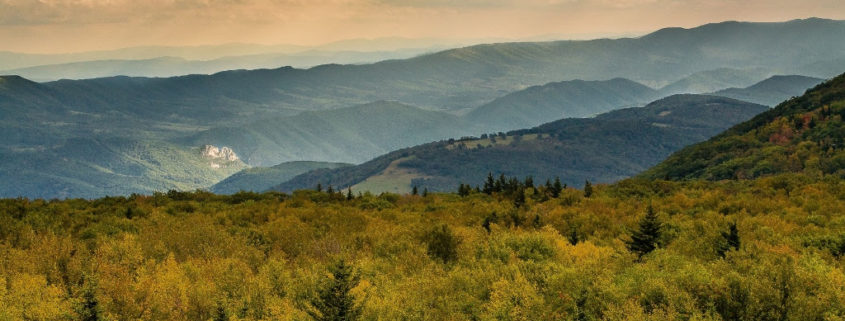Action Alert: Your Voice Needed on 2 Public Lands Policies
Countdown is on for the Land & Water Conservation Fund
Canyon Doors, Gauley River National Recreation Area, a West Virginia project funded by the Land and Water Conservation Fund. Photo by Randall Sanger.
There are less than 20 days left for Congress to fully fund the Land and Water Conservation Fund before time runs out.
Full funding would mean that all projects identified to receive LWCF benefits in 2020 would receive the money they need. In West Virginia, this includes a project to expand the Monongahela National Forest, and a project that would expand the George Washington and Jefferson National Forests.
The Land & Water Conservation Fund is a powerful tool to acquire and support beautiful places for everyone to enjoy. We can’t let time run out on fully funding LWCF! Take action today!
Keep Our National Forests Wild — Comment on the Roadless Rule by December 17
Roaring Plains is one of the Monongahela National Forest’s wild roadless areas. Photo by Kent Mason.
As the owners of our public lands, we are not only responsible for the care and management of them here in the Mountain State but across the United States, even those 3,000 miles away. Now through December 17, the U.S. Department of Agriculture is seeking public comment on a proposal to change the management of roadless areas in Alaska. If adopted, the proposal would exempt the Tongass National Forest from the 2001 Roadless Rule.
What is the Roadless Rule? The “Roadless Rule” was established by the US Forest Service in 2001 after an extensive inventory and mapping of undeveloped public lands. It prohibits road construction for logging and mining in designated backcountry areas. In West Virginia, there are 182,000 roadless acres throughout our three National Forests — 162,000 in the Monongahela National Forest, 15,700 in the George Washington National Forest, and 4,800 in the Jefferson National Forest.
If adopted, the changes to the Alaska Roadless Rule would set a precedent for other states to be exempt. Share your comments with the USDA on why you love the remote areas of national forests and why they should remain roadless in all states!






